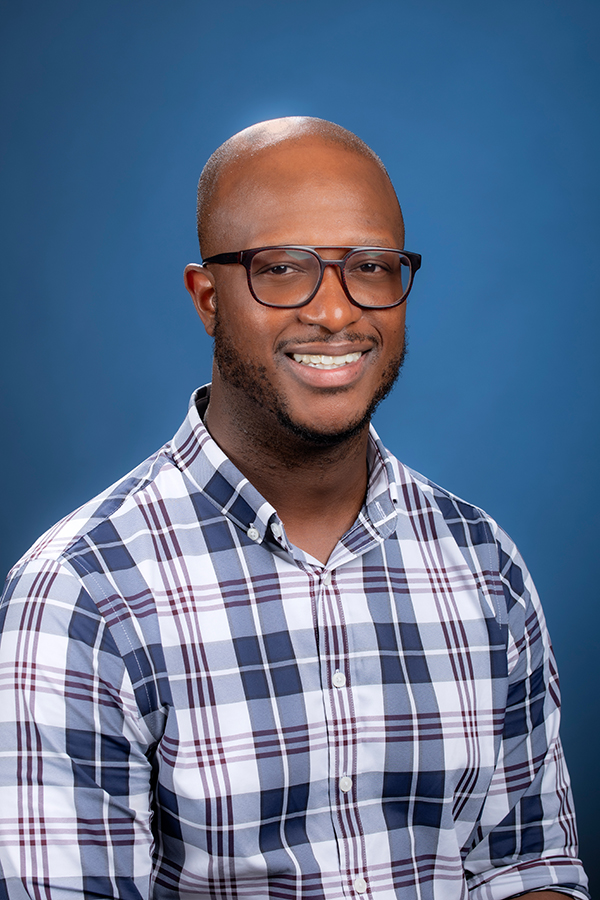Tim Downing Appointed Chair for Diversity in Engineering Education

June 13, 2024 - Tim Downing has been appointed the Stacey Nicholas Endowed Chair for Diversity in Engineering Education and principal adviser to the Office of Outreach, Access and Inclusion in the Samueli School of Engineering. Downing is an NIH New Innovator and was named to the Forbes magazine list of 30 Under 30 in science in 2017. He is an associate professor of biomedical engineering at UCI and will assume the post July 1, 2024.
The appointment includes $10,000 in annual funds for research and educational activities of the chair’s choice, in support of the school’s mission of promoting diversity, equity and inclusion. Downing plans to draw on his own experience as an equity adviser to the school of engineering to develop programs that support mental wellness and academic empowerment for students.
“Through programs in mindfulness and education around the importance of a growth versus fixed mindset, students can learn to navigate common challenges associated with graduate research that may prevent them from achieving their greatest potential as a researcher,” Downing said.
Some of the challenges students face include feelings of isolation, imposter syndrome or a lack of creativity, says Downing. By embracing certain mindfulness attitudes, he believes students can approach their work with fresh perspectives unburdened by expectations shaped through past experiences. “A growth-centered mentality and nonjudgmental awareness are both powerful elements to unlocking a deeper level of creativity in research and to promote professional growth,” said Downing.
As it relates to inclusion, he says, these ideas can also help students appreciate the perspectives of others, and enhance the perceived value of cooperativity in pursuing scientific endeavors. “Changing our mental frames can even show up in the way we interpret scientific data,” he said, “for example, as we see the dominant view of our relationship to microbes in the human body shift away from an ‘antimicrobial-centric’ viewpoint into a view of deeper appreciation for the essential role microbes play in our health and behavior. There are a number of examples like this, when it comes to our understanding of how to engineer human health.”
Downing’s research focuses on understanding the role of extracellular signals on epigenetics and the relationship between epigenetic mechanisms and cellular function. In 2020, Downing won a $3 million NSF 10 Big Ideas grant for research that seeks to better understand the dynamic nature of the epigenome, which will open new possibilities for cellular engineering.
His highly interdisciplinary approach has resulted in innovations in genomics technology development, mechanobiology and biomaterial design, and epigenetic profiling in disease and regeneration. His research has already led to a key understanding of epigenetic mechanisms and an arsenal of cutting-edge tools for measuring epigenetic states.
Downing will serve in his new post for a one-year term that is renewable for up to five years.
– Lori Brandt
